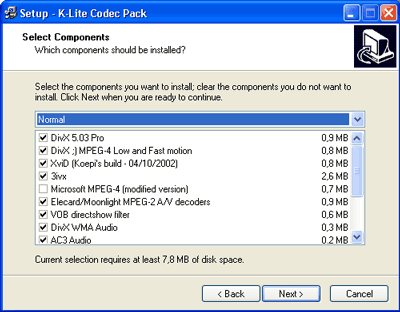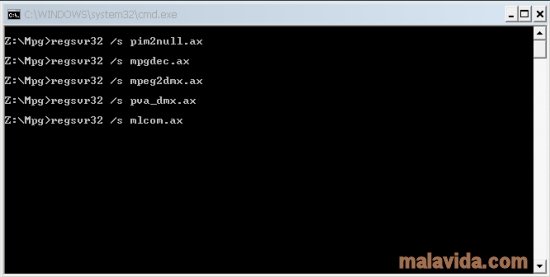

Videosoft didnt support b-references/arbitrary frame orders mainconcept shows artefacts with all interlacing modes. The not anymore developed decoders from mainconcept and moonlight had problems with their interlacing support. Second place goes to libavcodec (not supporting interlacing), elecard and nero (not supporting lossless avc) So the only decoder which supported everything was the not publically available decoder from ateme | ateme | elecard | libavcodec | mainconcept | moonlight | nero | videosoft | mainconcept: 499 USD, not available anymore, has been available in their "H.264 Encoder v1" tool (v2 uses the elecard decoder)Īccording to my tests the following features are NOT supported by the different decoders (version number described below):

elecard: 499 USD, available in the mainconcept "H.264 Encoder v2" tool nero: 29.90 USD, available in their "Nero Digital Pro" tool moonlight: 20 USD, available in the "Moonlight-Elecard MPEG Player 3.0" videosoft: 19.95 USD, available in their "VSS H.264/AVC Codec Baseline" tool libavcodec: 0 USD as being opensource, but you have to compile it yourself, supported in various players Its pretty easy to check out the prices of the available decoders: Imho the quality of a decoder is defined by four things: In this comparison i will compare the following decoders: So as avc is very speed consuming and actually only one free avc decoder is existing (libavcodec) it indeed makes sense to compare the performance of existing decoders, before the user decides what to spend his money on of course, as every decoder should output exactly the same picture and speed also didnt really play a role as existing formats are pretty easy to decode.īut with a format, like avc, which needs a lot of resources while decoding, this might be different for a lot of people who dont own top of the notch pcs. While for the encoding side quality comparisons exist, like the one from doom9, decoders are often overlooked. While prices are pretty well known for the consumer there is one thing often lying in the dark: the actual performance One of the main advantages of open standards, like mpeg-4 avc, is that it leads to competition between various codec producers as the consumer will always tend to use the product with the best price/performance relationship.


 0 kommentar(er)
0 kommentar(er)
